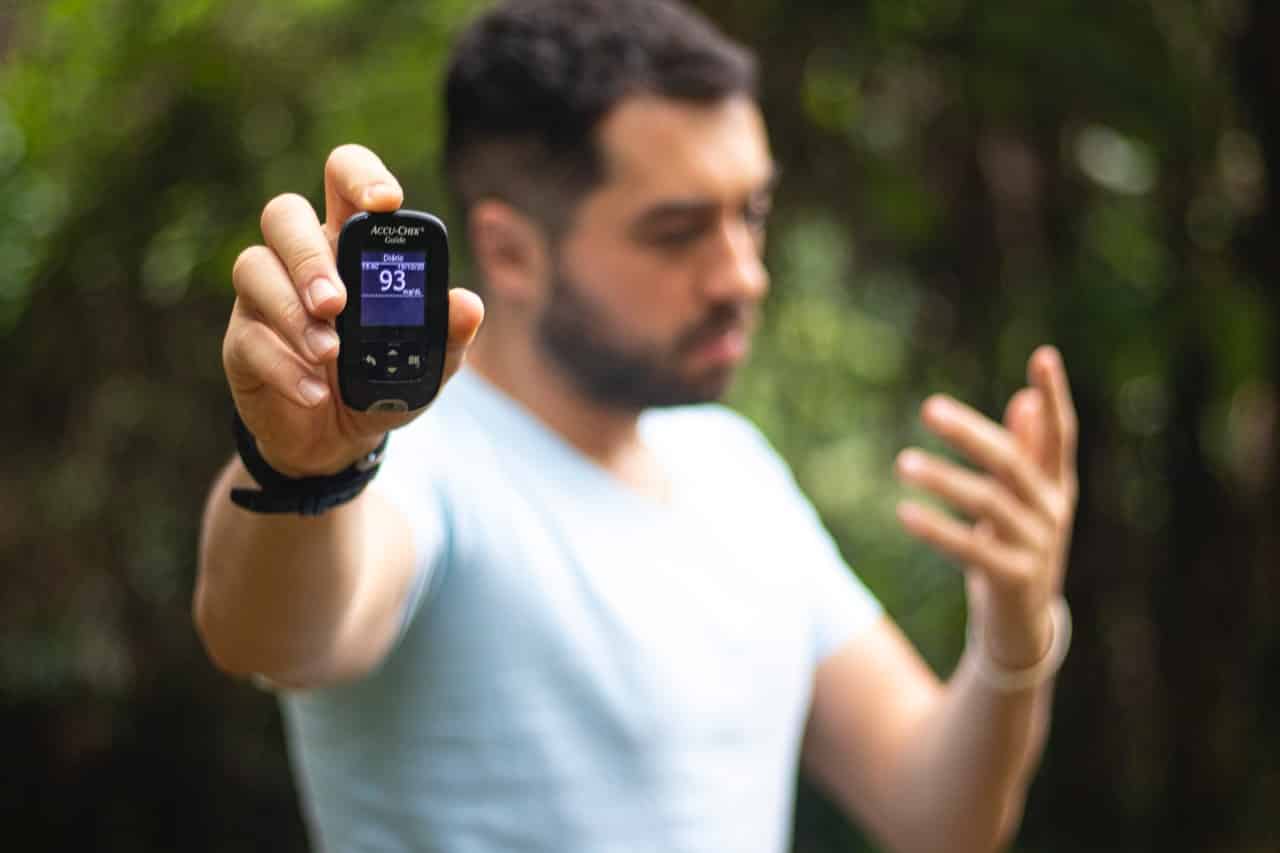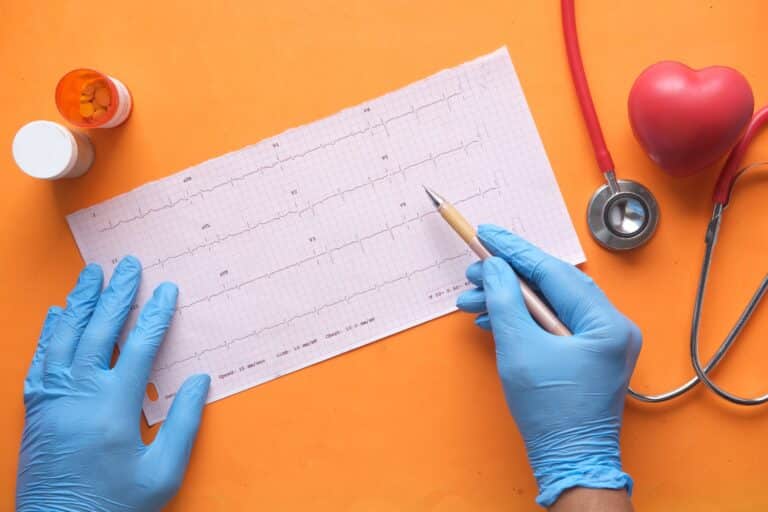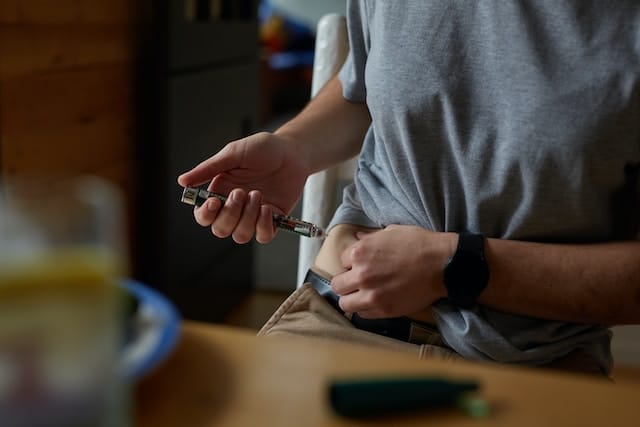Type 2 Diabetes Management Options
Being diagnosed with type 2 diabetes does not mean your life is over. What the diagnosis does mean is that you’ll be making some changes in order to control your condition. Type 2 diabetes may be chronic, but it doesn’t mean you can’t be healthy and enjoy life. With the right approach to diabetes management, you’ll be around for a long time. Here are some basics that need to be part of your plan for managing type 2 diabetes.
Test Your Glucose Levels at Least Daily
This is something that you will likely do regularly at first. That’s great, since testing one or more times a day allows you to evaluate what you’re doing and what may need to change. The danger is when your numbers tend to be within an acceptable range consistently. You might begin to slack off on the testing.
Be sure to check your glucose levels at least once a day. That should be two hours after your main meal. A better choice is to test your fasting glucose level when you get up as well as after the main meal. Doing so will allow you to know when something does change and allow you to take swift action.
Get to Know the Glycemic Index Well
Have you heard of the glycemic index? It’s a helpful resource that helps you know how many carbohydrates are in single servings of all sorts of foods and beverages. Everything is ranked on a scale of 100, with the items closer to the end of the scale having more carbohydrates. You can use this resource for planning meals that are varied, healthy, and relatively low in simple carbohydrates.
It’s not just about meal planning. You can also use the index when dining out or attending a party or other event. Keep a copy on your phone so it’s easy to quickly determine how many carbs are in something that you’d like to eat. This will go a long way toward helping you to not overindulge now and pay for it later.
Increase Physical Activity
Along with diet, exercise is one of the most effective type 2 diabetes management options in your arsenal. Physical activity helps to consume more carbs and leave less in the bloodstream. The result is that the amount of insulin the body still produces has a better chance of keeping your levels within a healthy range.
You don’t have to go to the gym every day in order to exercise, although that’s an option. Consider walking or biking for at least a half-hour every day. Maintaining a brisk pace will help eliminate more of the carbs that you don’t need while also helping boost your immune system. Being outside and getting fresh air will also be good for your mental and emotional well being.
Get Plenty of Recuperative Sleep
Did you know there are studies linking increased glucose levels with a lack of sleep? When you’re not sleeping well, the body is not producing and releasing insulin as quickly. That in turn means more glucose remains in the bloodstream. Even if you’re doing everything right, trouble sleeping can undermine those efforts.
It’s beneficial to get six hours of recuperative sleep per night, otherwise there is an increased risk of higher sugar levels. Talk with your doctor and find a solution to your sleep issue. Better sleep habits will make a difference with managing your type 2 diabetes.
Take Those Meds for Diabetes Management
If you’re feeling well, it’s easier to forget to take your oral medications or inject yourself. The thing is that consistent use of your meds is one of the reasons why you feel better. Skip them too many times and your glucose levels will be up before you know it.
Set a schedule for taking the meds and follow it without fail. If you do forget, take the dose immediately. If it takes setting reminders on your phone, do it. The effort will pay off.
Remember that you may need to adapt your management process as time passes. Report any changes that you notice to your doctor and be open to trying something different. Actively managing your condition every day increases the odds of enjoying excellent health for many years to come.
Image Credit







